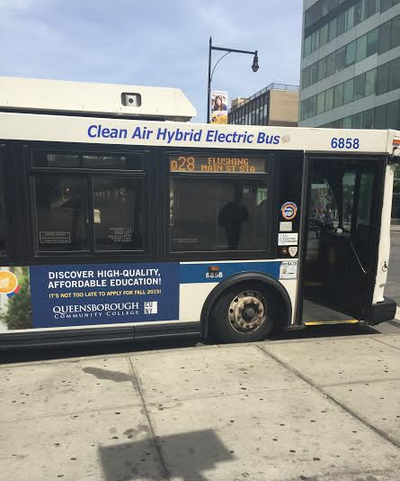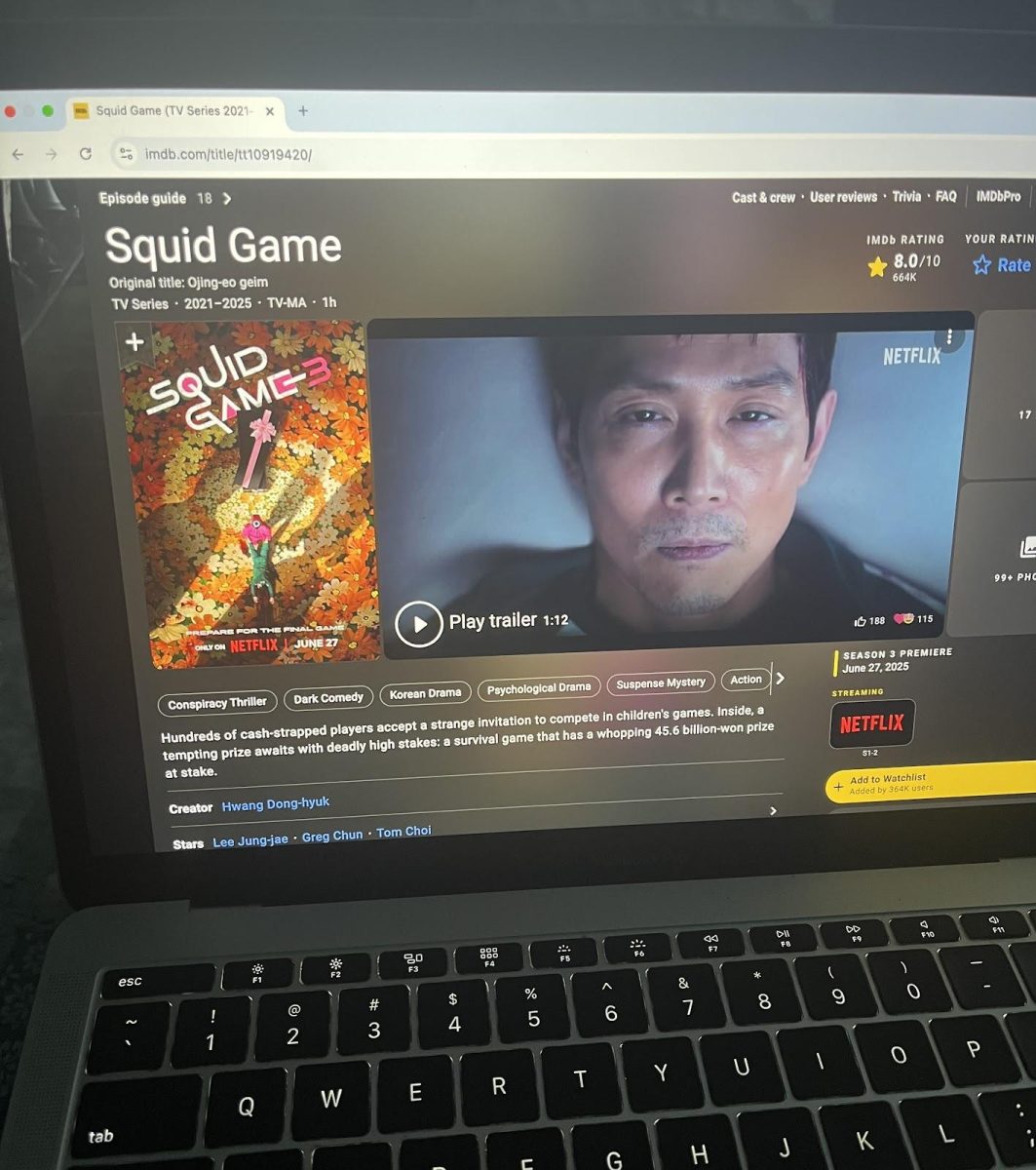by Jasmine Tejada, staff reporter
![For those going to college, a resume can be a make or break, especially with the competitive pool for freshmen applicants. So soon to be seniors will have to demonstrate how well rounded they’re. “[Juniors should start now because] when senior year hits everything happens very quickly. For example, in Mr. Christopoulos english class he wanted a personal essay and resume from all of his students, but students were starting for the first time, instead of revising in October. That’s a problem when your also trying to keep your grades up, while applying to schools, financial aid...” advisor Mr.Nisonoff said. Since very few juniors know what a resume is; here’s a start.](https://wjpsnews.com/wp-content/uploads/2015/03/Screen-shot-2015-03-23-at-8.19.24-AM.png)
“[Juniors should start now because] when senior year hits everything happens very quickly. For example, in Mr. Christopoulos english class he wanted a personal essay and resume from all of his students, but students were starting for the first time, instead of revising in October. That’s a problem when your also trying to keep your grades up, while applying to schools, financial aid…” advisor Mr.Nisonoff said.
Since very few juniors know what a resume is; here’s a start.
A resume can boost ones chances into getting accepted to the school of their dream.
Evidently, it’s the reason why Mr. Lumetta, the college counselor, encourages students to start their resume soon.
“I didn’t plan to do my resume early, but if we’re going to work on it first thing senior year and since its important I’ll take into consideration everyones advice to do it in the summer,” junior Barbara Kasomenakis said.
However some students have questions on how to start; here are all of the responses juniors have been searching for.
Frequently asked questions
How should I write my objective if I don’t know what to major in?
The objective doesn’t necessarily have to discuss what a student plans to major in, but it should be a sentence or two on why a student is attending college. If the student does have a major in mind, then feel free to tailor the sentences to mention it.
What’s the best format for a college resume?
The top center should follow the following format: name(enter), address(enter), cell phone number(space) and email address(enter). Once the contact information is done type in the objective(enter), education; where a student attended high school(enter), any awards/honors(enter), extracurricular activities(enter), volunteer work (enter) and paid work experience.
Under the education subtitle; should I include the elementary and middle school I attended prior years?
Unless the school was prestigious, don’t include those schools.
Do I to put how long I’ve been attending said club or job?
After one writes the activity name, its encourage to include: the year(s) one has been attending that particular activity, then one’s position. For example, “Wildlife Conservation Club; 2014 to present: President”, or “Target; 2015: employee”.
What type of extra curricular activists should I be involve in?
Students should be involve in something they’re passionate about and show commitment. This will make the college take students more seriously if they see that they have different obligations.
“Every Thursday during lunch there is a meeting. I like the environmental club because it’s kind of fun and I can make a small difference with my friends,” environmental club member Melissa Chen said.
What should I mention after I’ve included all my contact information, objective, education, awards/honors, extracurricular activity, and work experience?
Give the college insight on how the time was spent in said club(s) or job(s). For example,
Do Something Club; 2011 To Present: Member
- Participated in and help plan the yearly one hour town hall show for Women History Month.
- Teen for Jeans campaign.
- Autism Walk.
- Relay for Life
- In the winter I work with collecting food and clothing drives for local shelters.
- Hurricane Sandy food and clothing drive
Does a resume have to be extremely long?
On the contrary, long resumes can come off as unappealing. Students should try to write a resume no more than a page long, single space, times new roman, 10 to 12 fontsize.
What should I not include?
One common mistake students make is adding information that would be seen more on a job resume, instead of a college resume. If one has a talent, or is skilled in a particular area, then mention it. However, don’t include every skilled possessed, for example:
Skills/Talent:
- Sending emails 2012 to present
- Using prezi 2013 to present
Yes, these skills are great to have, but simply ask yourself- do I really need to mention this or is it take up space? Is this also a talent?
“Don’t put ridiculous email addresses in the contact information, ” advisor Mr. Nisonoff said. Those kinds of email addresses aren’t very professional and will lower a student in the advisors eye.
Furthermore, don’t include any grades or sat scores because colleges already have that information.
What if I wasn’t involve in a lot of activities?
Pack the 2015 summer with ways to get involve in the community, like the public library, nursing home, start a blog and turn it into a success. Be creative!
Photo caption:
For those going to college, a resume can be a make or break, especially with the competitive pool for freshmen applicants. So soon to be seniors will have to demonstrate how well rounded they’re.
“[Juniors should start now because] when senior year hits everything happens very quickly. For example, in Mr. Christopoulos english class he wanted a personal essay and resume from all of his students, but students were starting for the first time, instead of revising in October. That’s a problem when you’re also trying to keep your grades up, while applying to schools, financial aid…” Mr. Nisonoff said.
Nevertheless many juniors fail to understand what a resume is. Here are some components: contact information, objective, where the student attended high school, awards, clubs, sports, jobs, and any skills or talents. All single space, times new roman, and no more than a page.

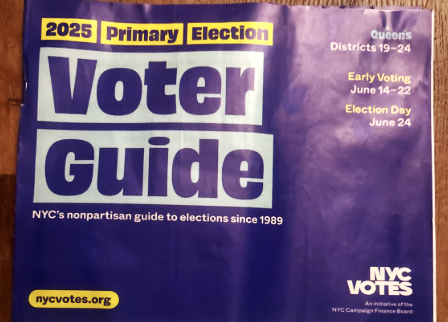
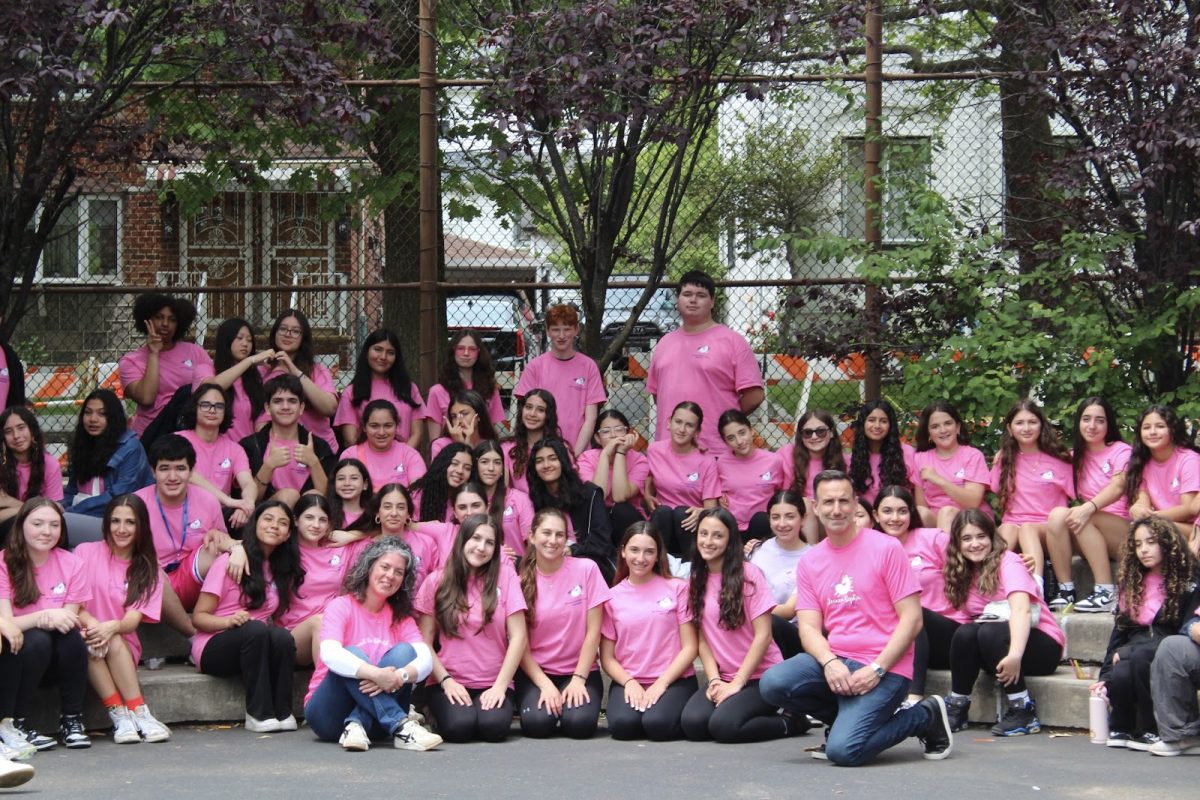
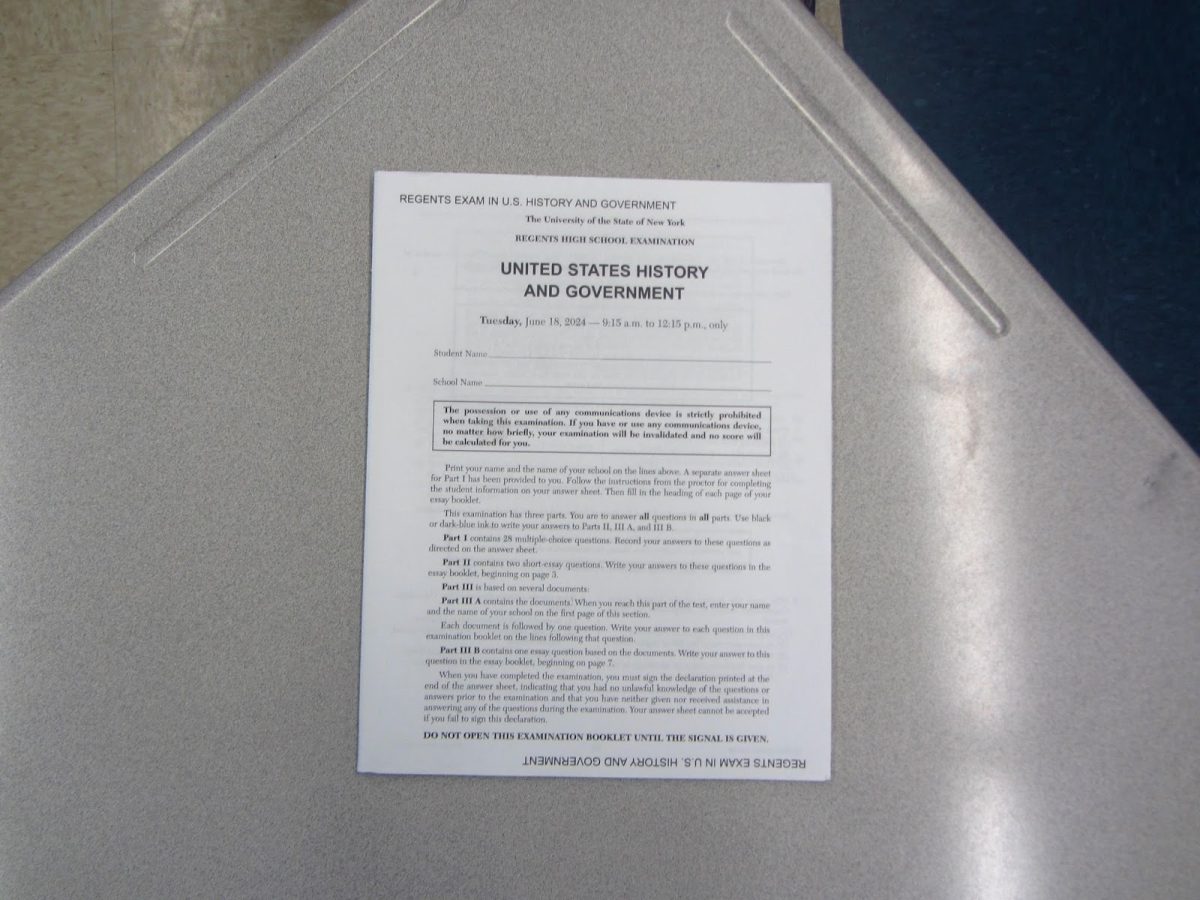


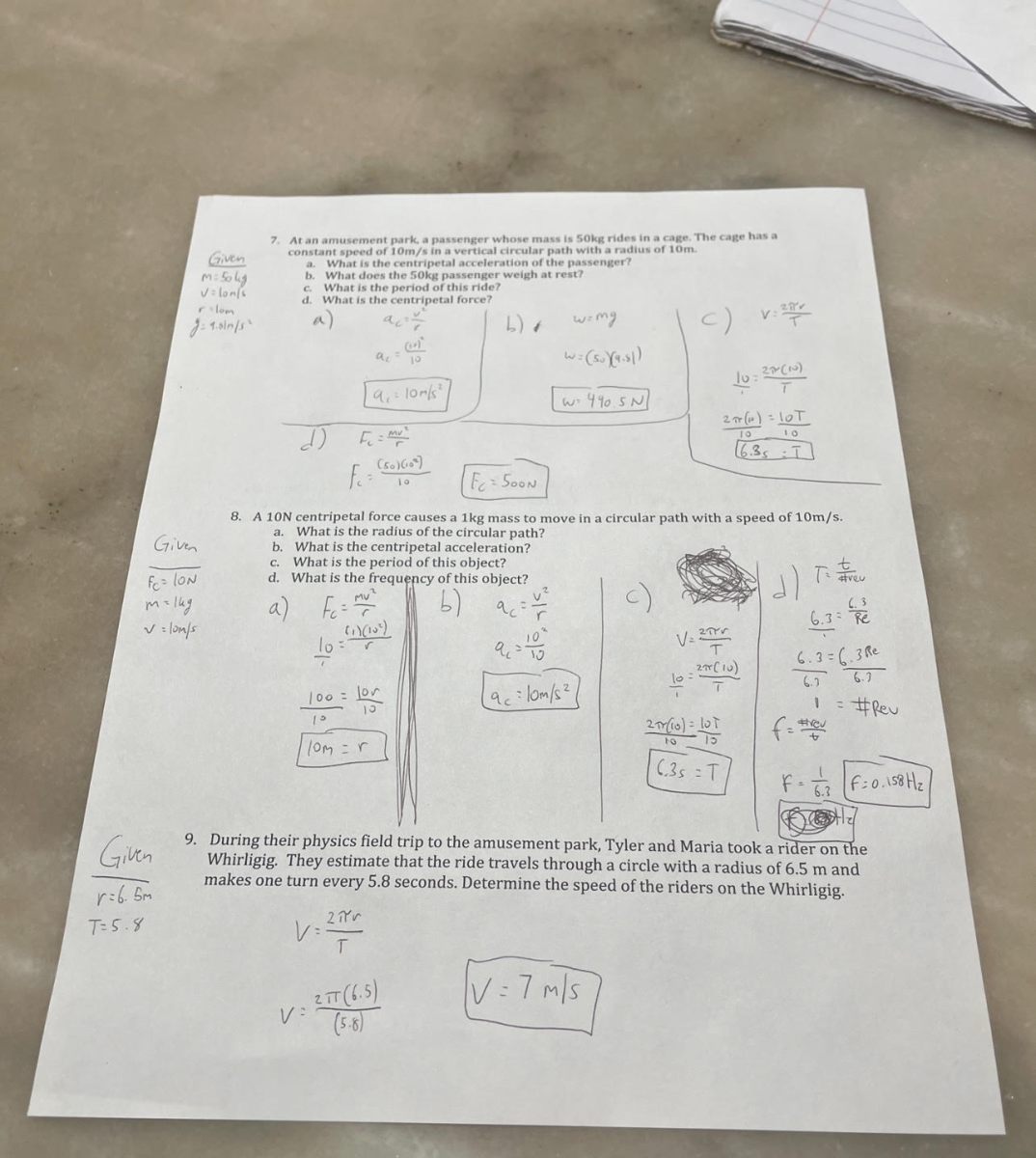
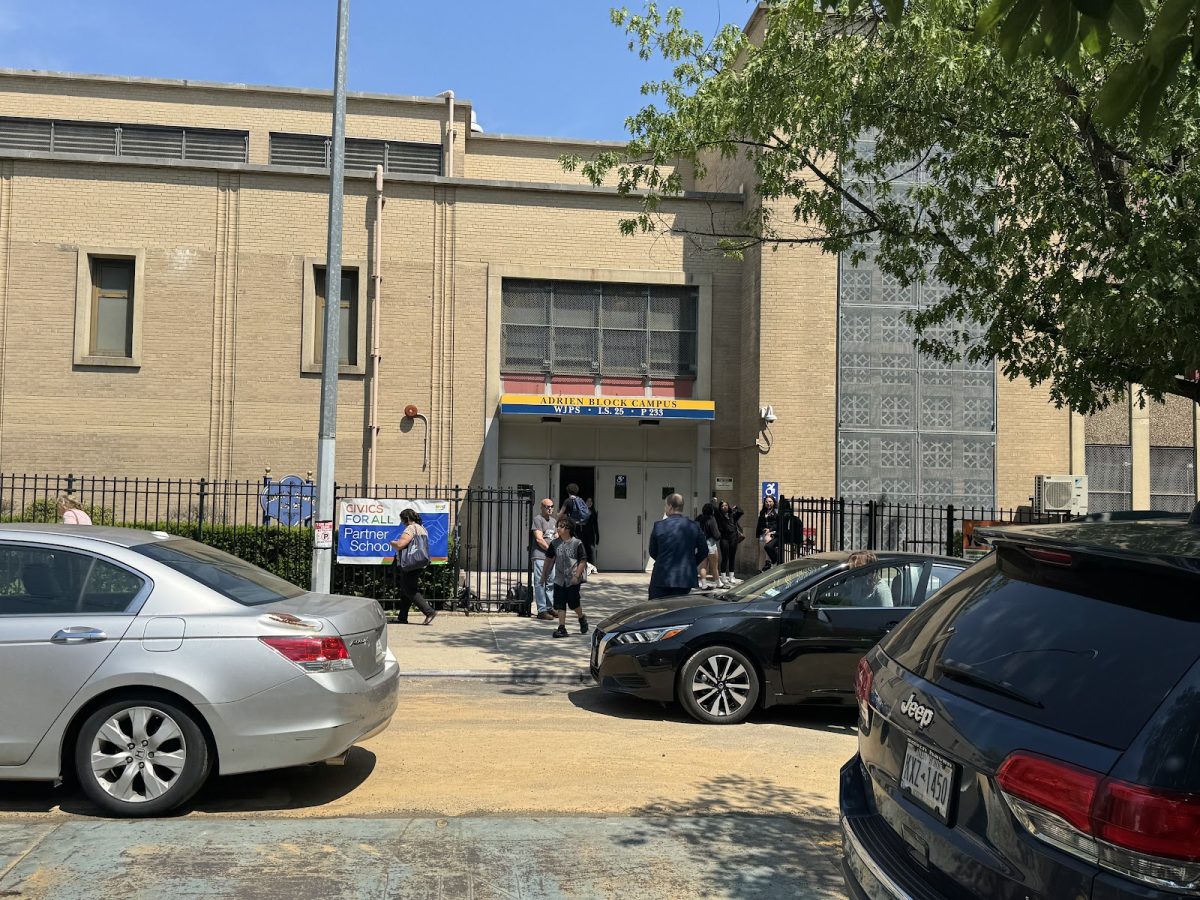
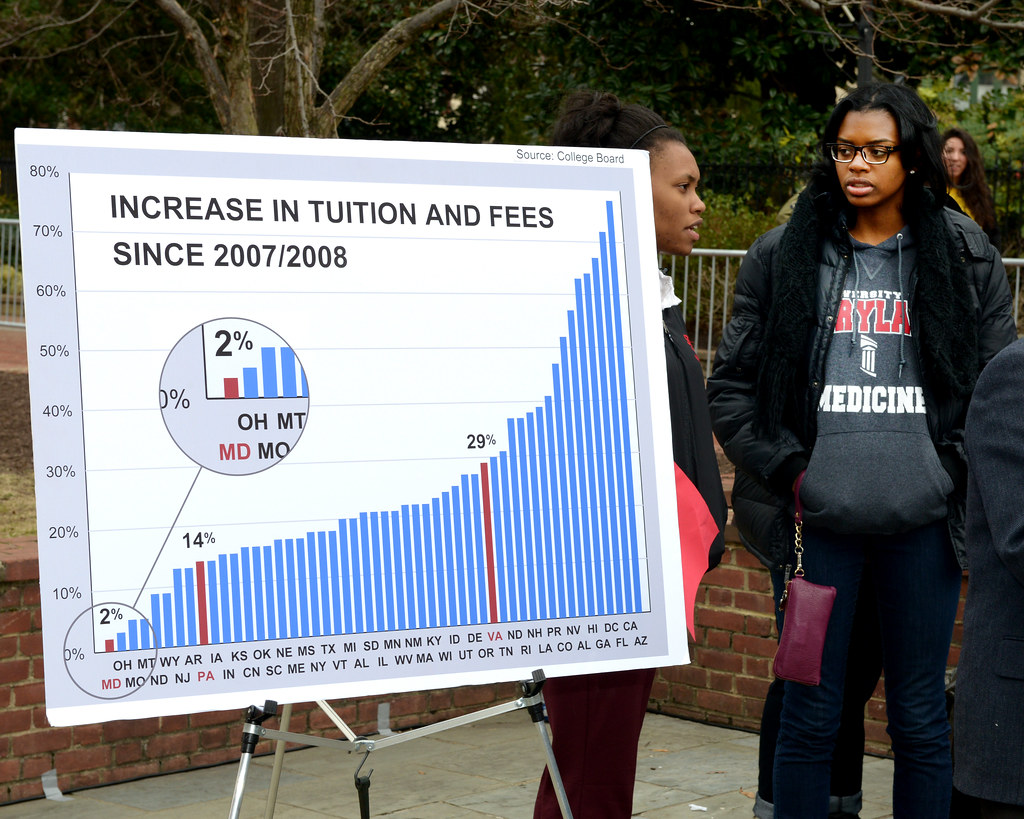






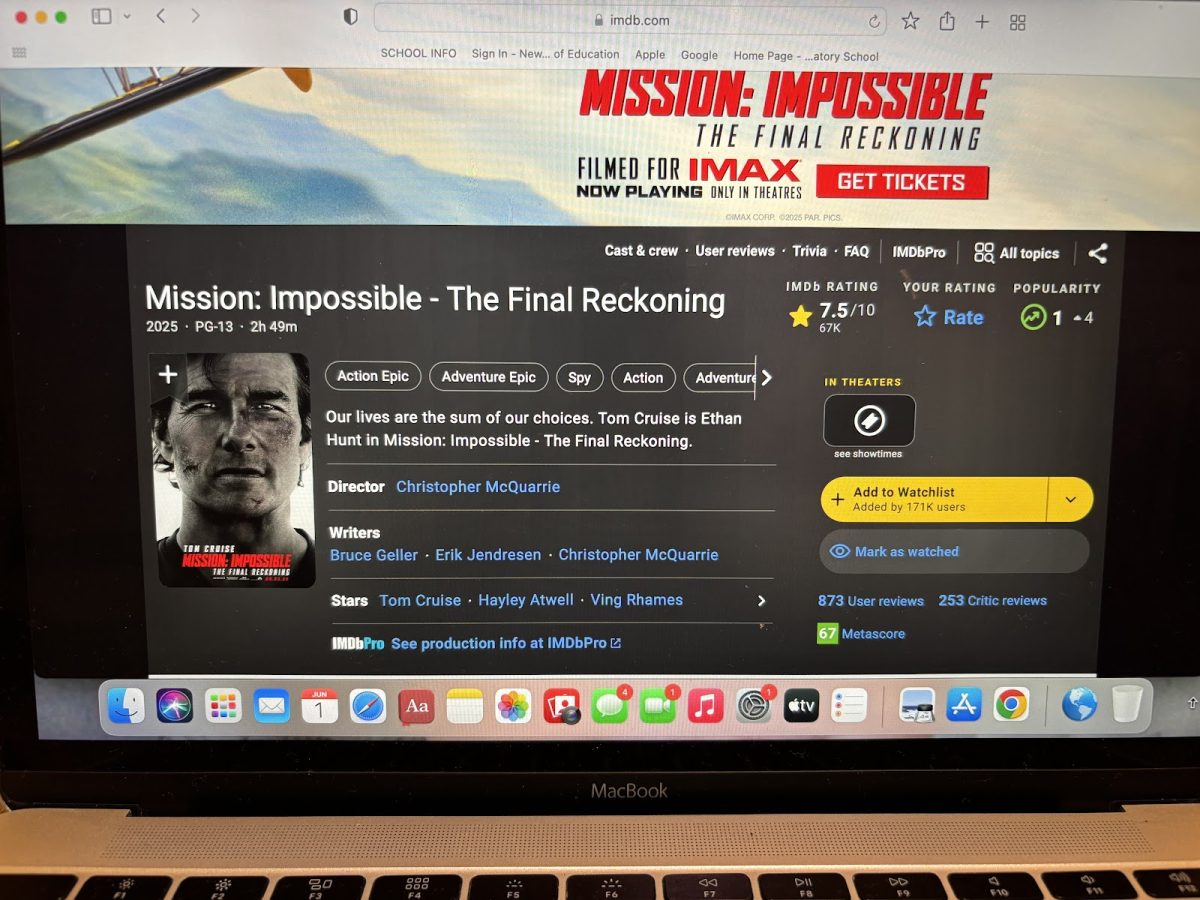

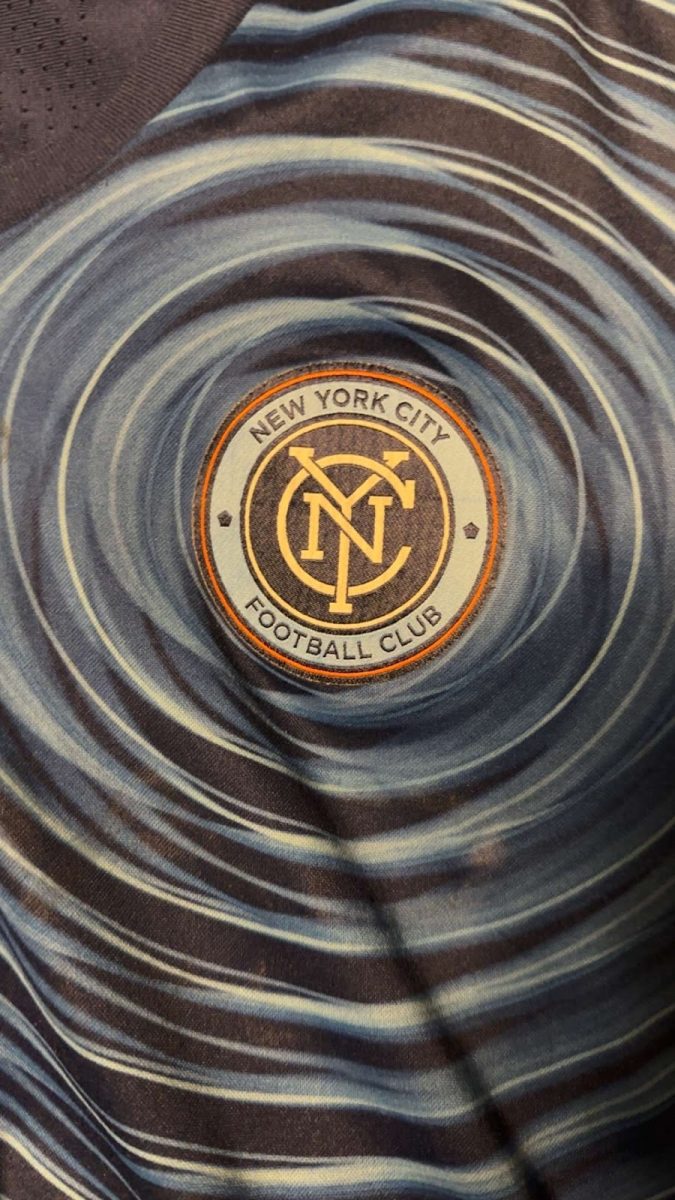
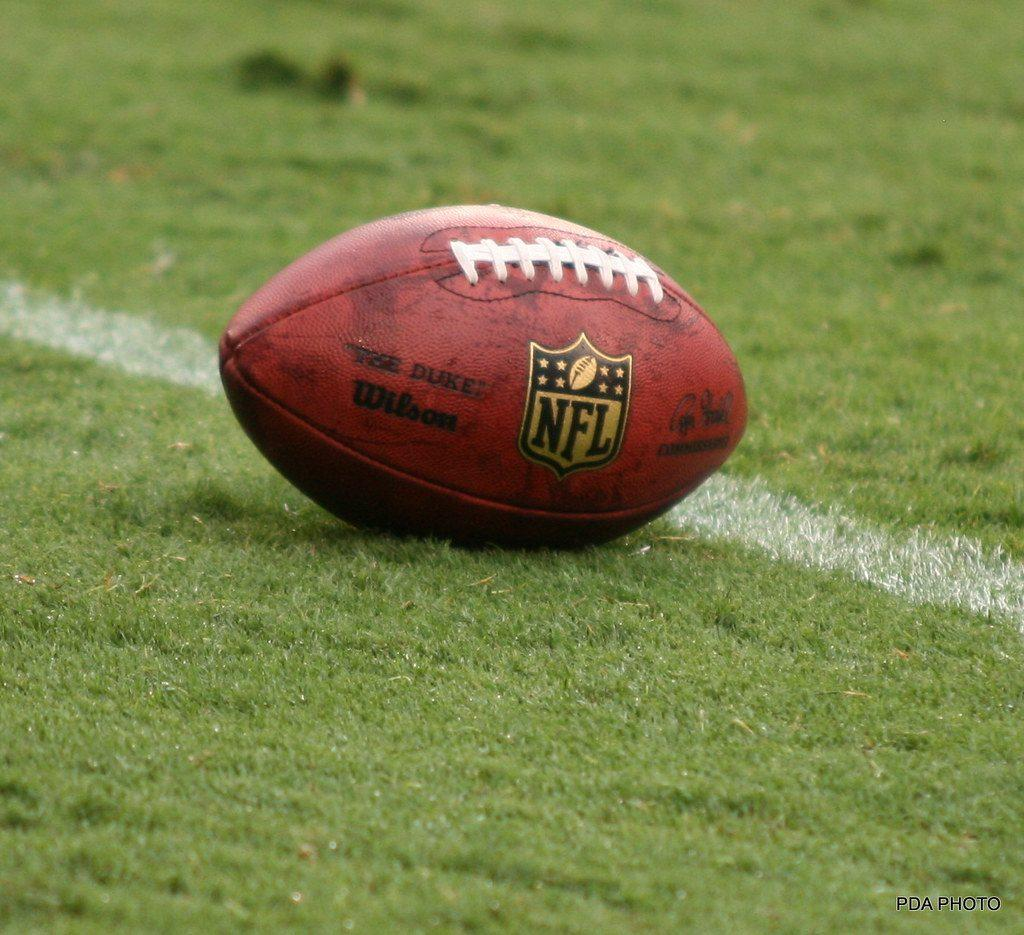

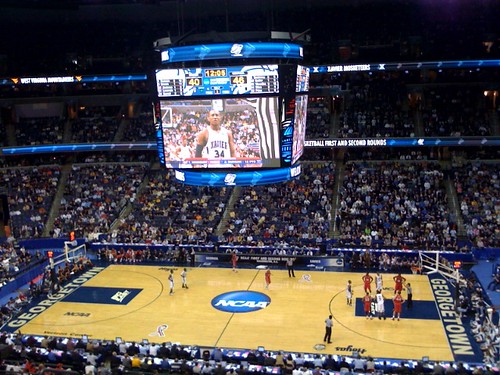




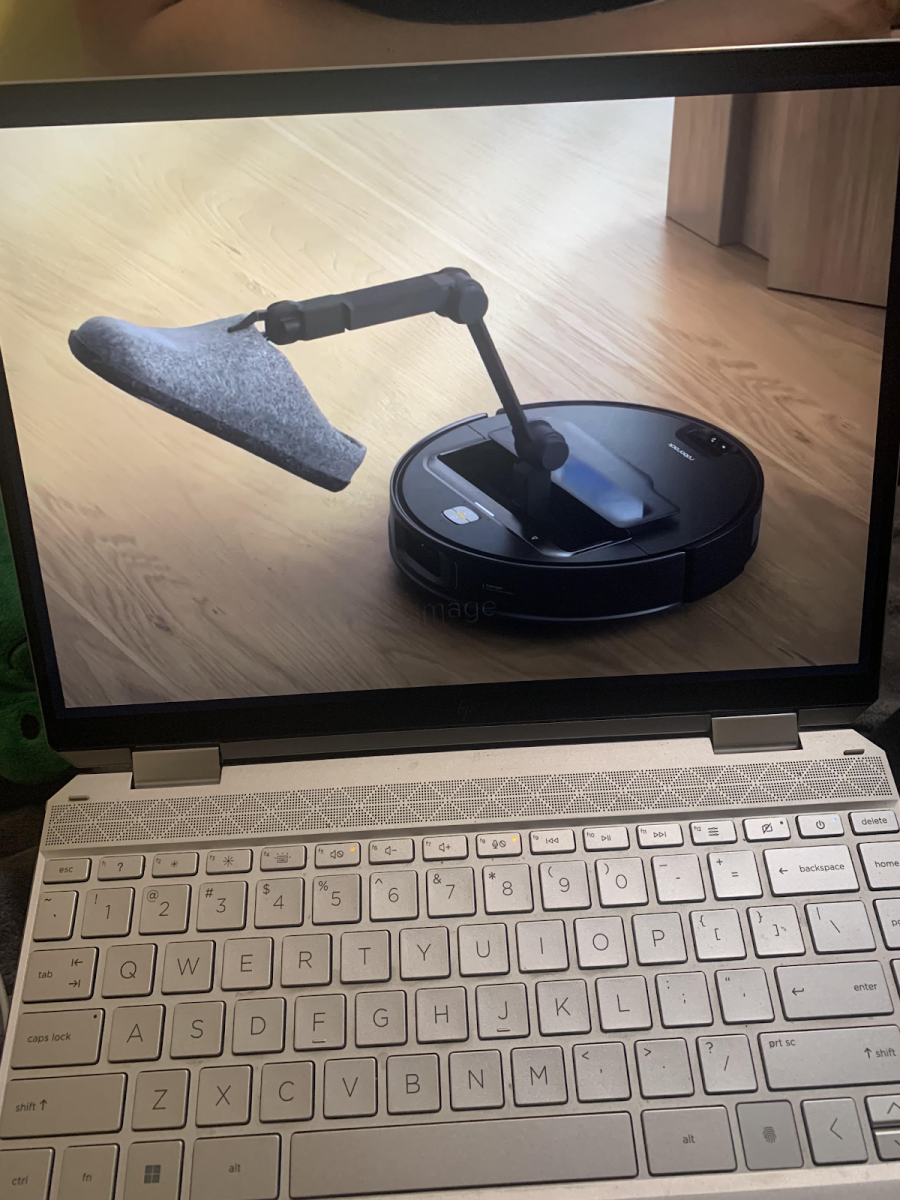
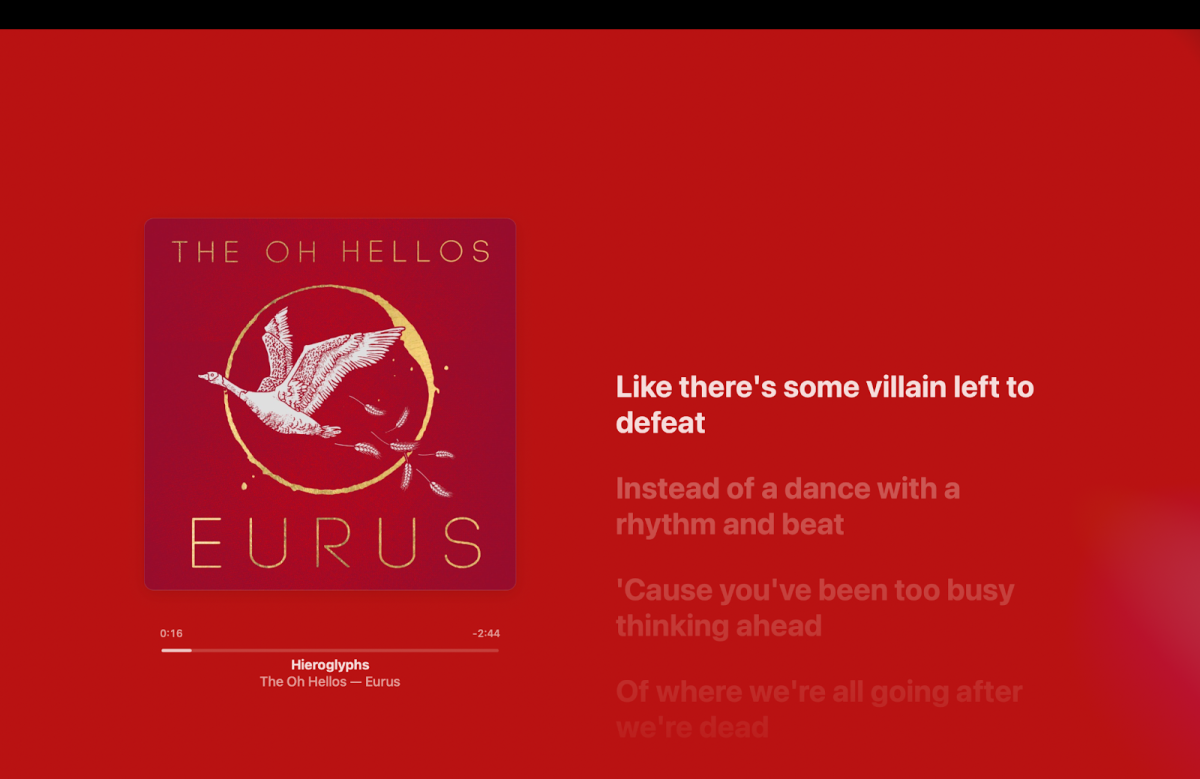





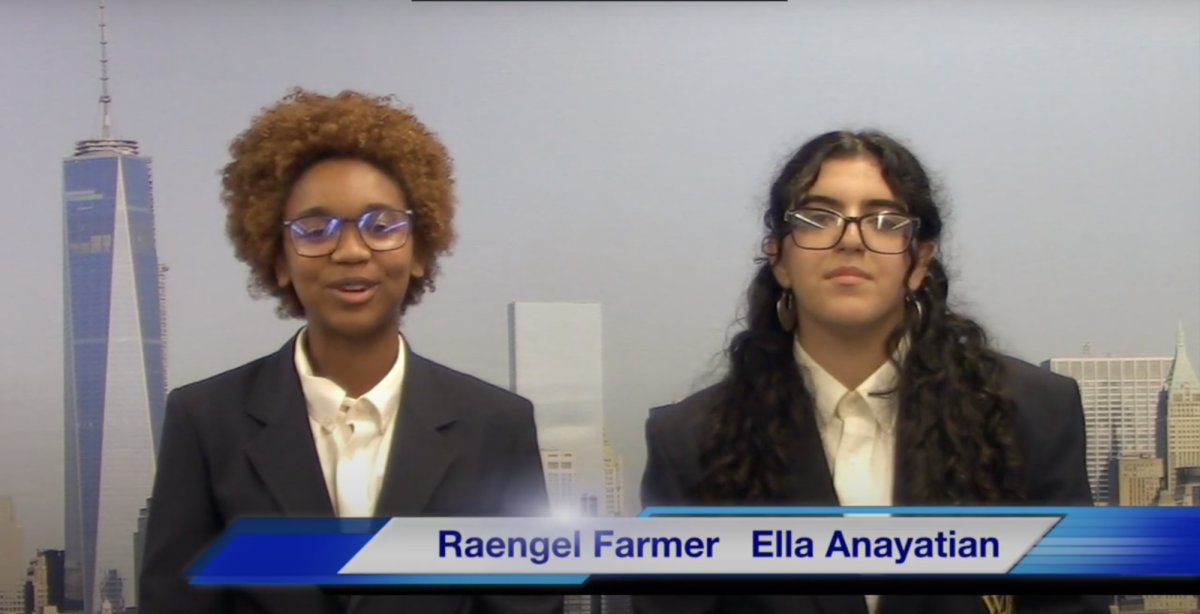
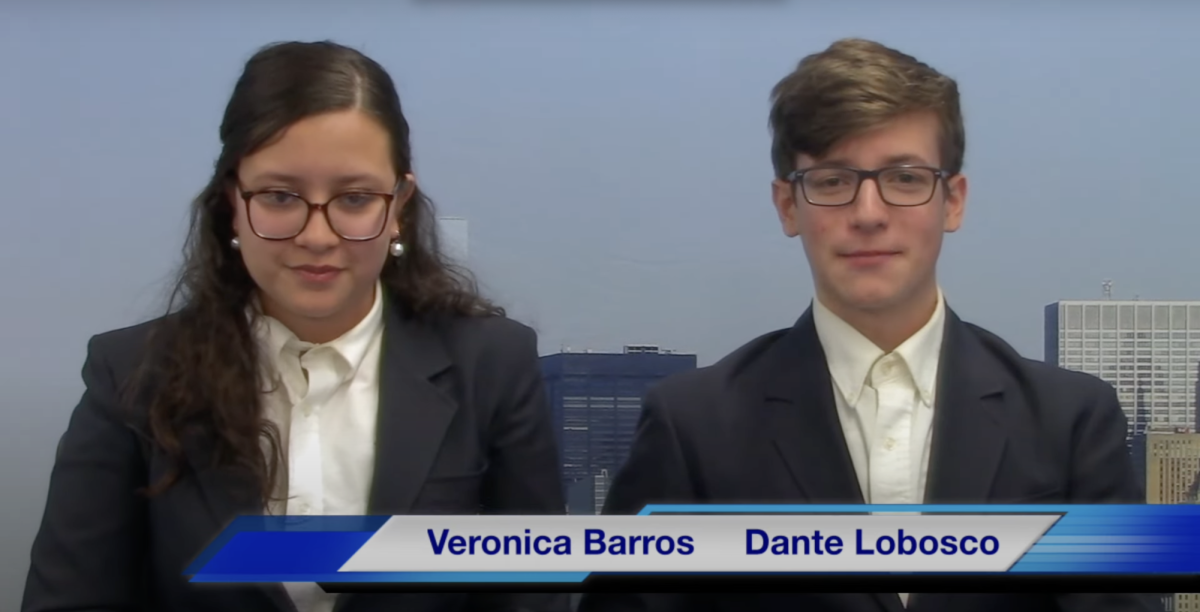



![“I agree the school lost its purpose, I left newspaper because I no longer had an interest and passion that I did once believe I had, the school’s more worried about student law court then what’s in the name in the school. [Which is journalism],” senior Christos Troumhis said. Photo attributions to Jon S.](https://wjpsnews.com/wp-content/uploads/2015/12/6276688407_12900948a2_z.jpg)









